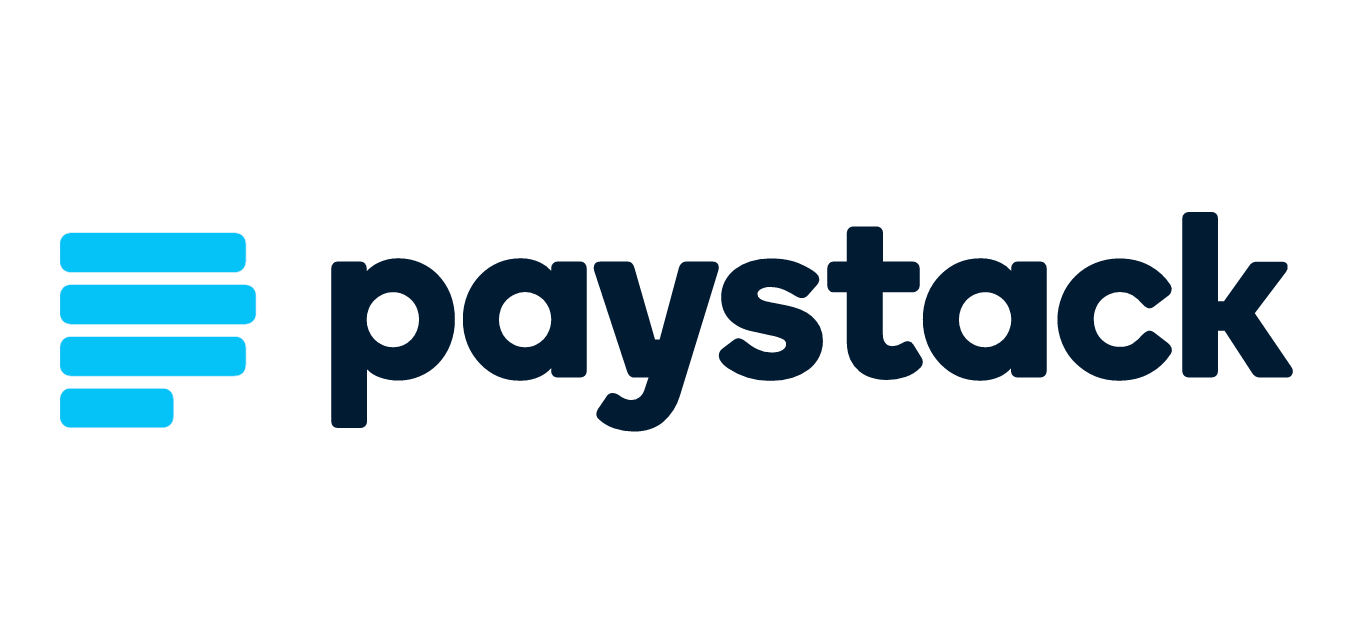
8 Lessons I've Learned from Running a Growing Business in Nigeria
I’ve learned invaluable lessons about the challenges and triumphs of entrepreneurship, especially in Nigeria’s unique business landscape. As I reflect on my journey, I’m grateful for every obstacle and every win, because they’ve shaped me into a stronger entrepreneur.
1. Access to Funding is a Real Challenge
One of the biggest hurdles I’ve faced is securing funds to grow my business. Navigating the world of loans, grants, and investments isn’t easy, especially when many traditional lenders don’t fully understand or support SMEs. But persistence is key—networking and exploring alternative funding sources have been essential.
2. Logistics Problems Can Slow You Down
In Nigeria, managing logistics has been a major challenge, from navigating bad roads to dealing with inconsistent delivery times. This has taught me the importance of building strong relationships with reliable logistics partners and always having a backup plan.
3. Gap in Technology is Real
Many businesses and customers still face a gap when it comes to the use of digital tools and platforms. Adopting the right technology has often been a learning curve, but it’s vital for streamlining operations and staying competitive.
4. Customer Literacy is Important
Understanding customer behavior in Nigeria is unique, especially with literacy levels and technology usage varying across regions. Patience and clear communication go a long way when explaining online shopping processes, product details, and payment options.
5. Trust is Everything
Nigerian customers value trust and transparency. You have to prove that your business will deliver quality every time. For me, this has meant being honest about delivery times, maintaining product quality, and offering reliable customer service.
6. Cash Flow Management is Critical
Cash flow can make or break a business. I’ve had to learn the hard way that having profits doesn’t necessarily mean having cash at hand. Staying on top of expenses and revenue cycles has been essential in maintaining a healthy business.
7. Adapting to Unpredictable Policies is Key
Business regulations and government policies can change without notice, and they’ve often affected operations—from import duties to exchange rates. Learning to stay adaptable, informed, and compliant is crucial to avoid disruptions.
8. Resilience is the Secret Ingredient
Above all, I’ve learned that resilience is non-negotiable. Nigeria is full of opportunities, but it’s also full of challenges that will test you. Staying committed to my vision, learning from every setback, and pushing forward has been the most valuable lesson of all.
As I continue on this journey, I’m excited to share these insights with other entrepreneurs and help them navigate the realities of growing a business in Nigeria. Here’s to thriving despite the odds.





Leave a comment
This site is protected by hCaptcha and the hCaptcha Privacy Policy and Terms of Service apply.